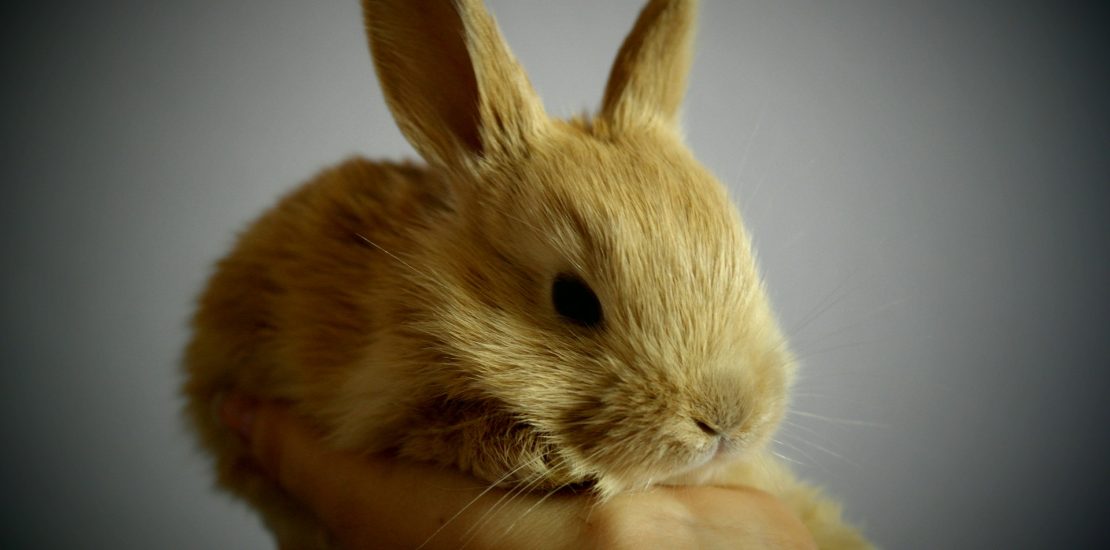Common Rabbit Dental Issues
- March 16, 2019
- Posted by: Dr. Diaz
- Category: Rabbits

Dental problems in any animal can be a challenge, but with rabbits, dental issues are incredibly complex and can become very serious if not taken care of. Rabbit’s teeth are part of a digestive system which advances proficient osmosis of plant materials that are inedible to numerous species. The front teeth incorporate four sharp, chisel-like incisors: Two on the top and two on the base. Behind the upper front teeth are two little peg incisors. At the point when the rabbit is resting, the base incisors settle on the peg incisors, behind the lower edge of the upper front teeth. The Exotic Animal Hospital of Orlando offers regular appointments for the new pet owner. As a veterinary hospital who solely practices exotic animal medicine, whether your beloved pet is a rabbit, ferret, bird, snake, or any of the other many species of exotic pets within the Orlando area and adjacent cities, Dr. Díaz’s extensive expertise and experience allows him to provide specialized exotic pet veterinarian medical care, while exceeding the expectations of his clients. Dr. Díaz and his staff strive to provide clients with an excellent learning experience in order to maximize their skills and knowledge.
In a rabbit’s mouth, there are twenty-two premolars and molars, regularly called cheek teeth when referred to as a group. Their deep grooves make edges that are ideal for separating plant materials. In a healthy rabbit, the cheek teeth come into contact just amid the biting procedures.
Though dental problems are common in every species, rabbits as prey animals often mask their conditions, so they don’t appear weak to predators. Thus, it’s crucial that as a caregiver, you notice any changes you may see in your rabbit’s behaviour and appearance. Some of the signs to keep an eye out for include:
- Pickiness of food or sudden change in appetite
- Dropping food
- Drooling
- Wet fur or matting on face
- Eating or drinking less
- Difference in weight
- Bad breath
- Reduced physical activity
- Reduced grooming behavior
- Poor coat condition
More severe signs of dental issues include:
- Ocular discharge
- Pain (hunched posture, grinding teeth)
- Lethargy
- Refusal to drink
- Anorexia/weight loss
- Swelling on the face
The reason why a rabbit’s mouth is so complicated is due to their teeth growing continuously. Furthermore, their mouth cavity is tiny, with cheek folds. Dental problems are generally taken care of pretty quickly but only when the issue is identified in its early stages.
If you feel like your rabbit has dental problems, its imperative you take the necessary steps and talk to your veterinarian. If your rabbit’s condition is left untreated, it could very well become life-threatening for them. Some common dental issues you will find in rabbits will be:
Abscesses
An abscess is a cavity containing pus surrounded by a capsule of thickened inflamed tissue. Rabbits can form ulcers in about every aspect of their body, as well as, in their skin, tooth roots, and bones. The most common area you will see abscesses in rabbits will be in there in their tooth roots, tear ducts, and bite wounds. Majority of abscesses are the result of dental problems. Tear duct abscesses are most likely due to elongated upper incisor tooth roots blocking their tear ducts. The fluid in the tear duct is a perfect place for bacteria to build up and allow an abscess to form.
Fractures
Fractures are critical injuries that can prompt different issues, including harm to apexes (resulting in abnormal tooth growth) and abscesses. Incisors may break amid a fall or when a rabbit sustains other head damage. When rabbit’s teeth are overgrown, they are increasingly inclined to crack.
Malocclusions
Malocclusions also referred to as (misalignment) of the incisors are another common dental problem with rabbits. Molar malocclusion is not generally seen until a rabbit starts to display indications of pain or the rabbit goes in for incisor treatment. Remember that incisor overgrowth can impact the proper function of your rabbit’s jaw and the health of their cheek teeth. If your rabbit has incisor issues, it’s essential to have their cheek teeth consistently checked since it will be tough to see changes to molar alignment, shape, and growth in their early stages.
Spurs and Spikes
When rabbit’s cheek teeth are not even, they can form spurs or spikes that can slash the rabbit’s tongue, cheeks, and other delicate mouth tissue. In spite that it might appear that a modest, sharp point on a tooth would not cause serious problems, the opposite is true. As a rabbit looks to avoid the use of a particular tooth, other abnormal pressure is put on their other teeth, and the uneven wear starts to become more significant. Also, abscesses can form in the soft tissue.
When it comes to your rabbit, don’t leave any suspected dental problems to go away on their own because they won’t. If you do, your rabbit will be in great discomfort, and that will only lead to the issue getting worst. The sooner you get treatment for your rabbit, the better, and serious problems will be avoided by staying on top of the less serious ones.
